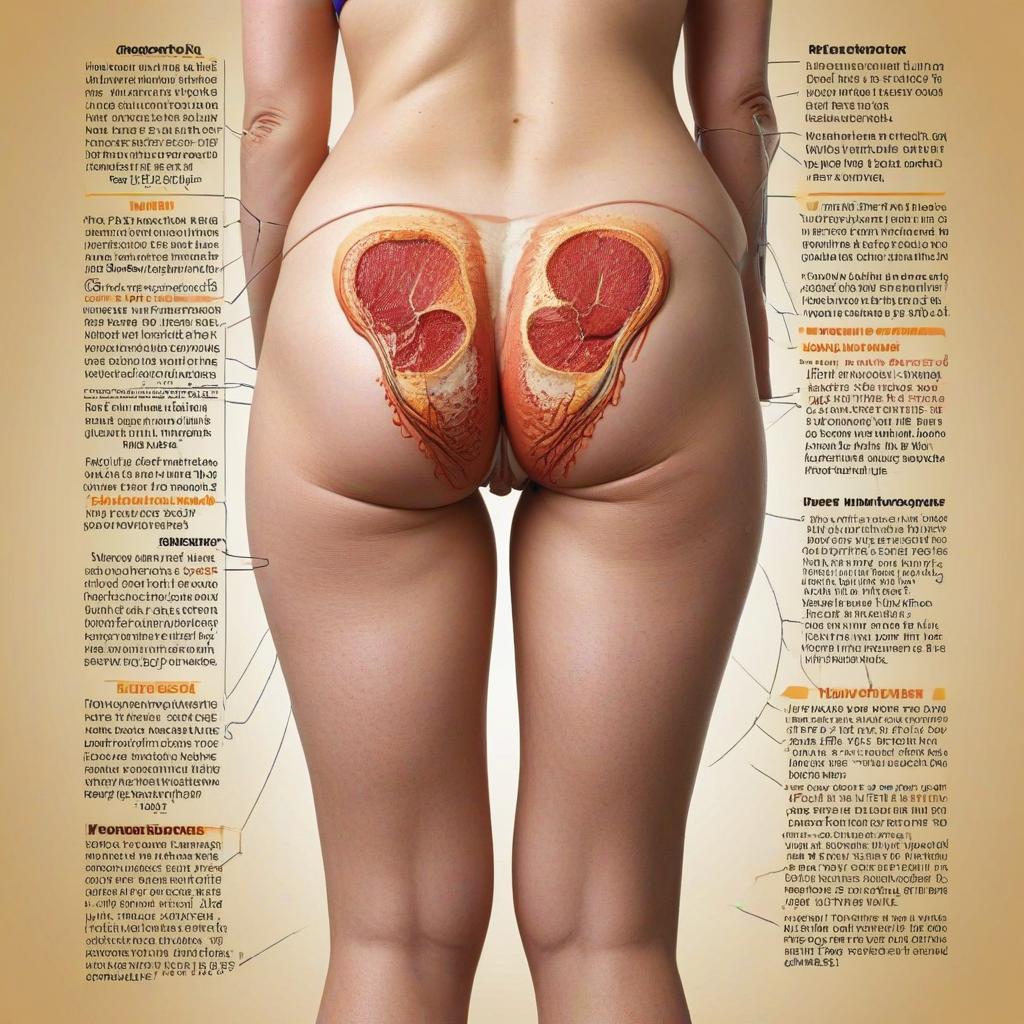
In North Port, the connection between inflammation, weight gain, and hormone imbalance has been a topic of growing interest and research. As inflammation increases in the body, it can disrupt the delicate balance of hormones, leading to weight gain and other health complications. From environmental factors to dietary choices, various factors can contribute to inflammation, making it crucial to address and manage in order to maintain overall health and wellness. By understanding the role that inflammation plays in weight gain and hormone imbalance, North Port residents can take proactive steps to improve their health and prevent potential health issues.
The Connection Between Inflammation, Weight Gain, and Hormone Imbalance
Inflammation is a natural response of the body to infection or injury. It helps protect and heal our bodies by increasing blood flow and immune activity. However, chronic inflammation caused by poor diet, stress, and toxins can lead to many health issues, including weight gain and hormone imbalance. In this blog post, we will explore the role of inflammation in these two common health concerns.
Inflammation and Weight Gain: How It Happens
When our bodies are in a state of chronic inflammation, it can cause insulin resistance and metabolic dysfunction. This means that our cells are less sensitive to insulin, causing the body to produce more of it. Insulin is a hormone responsible for regulating blood sugar levels, and too much of it can lead to weight gain and difficulty losing weight. Inflammation can also disrupt the communication between the brain and the gut, leading to increased appetite and cravings for unhealthy, high-calorie foods. Additionally, inflammation can affect the production of leptin, a hormone that tells our brain when we are full, leading to overeating and weight gain.
The Link Between Inflammation and Hormone Imbalance
Hormones play a crucial role in regulating various functions in our bodies, such as metabolism, mood, and energy levels. However, chronic inflammation can disrupt the delicate balance of hormones, resulting in imbalances that can affect our health and well-being. Inflammation can interfere with the production and function of hormones such as estrogen, testosterone, and thyroid hormones, leading to symptoms like weight gain, fatigue, and mood swings. It can also block the conversion of inactive thyroid hormones into active ones, causing hypothyroidism, which can make it challenging to lose weight.
The Role of Diet in Reducing Inflammation and Improving Hormone Balance
Diet plays a crucial role in reducing inflammation and promoting hormone balance. Eating a diet high in processed foods, sugars, and unhealthy fats can contribute to chronic inflammation and weight gain. On the other hand, choosing anti-inflammatory foods like fruits, vegetables, whole grains, and healthy fats can promote healing and reduce inflammation. Additionally, incorporating foods rich in omega-3 fatty acids, such as salmon and chia seeds, can help balance hormones and reduce inflammation in the body.
Other Strategies to Reduce Inflammation and Promote Hormone Balance
Aside from diet, there are other strategies that can help reduce inflammation and improve hormone balance. Regular exercise has been shown to reduce inflammation and improve insulin sensitivity, leading to better weight management. Managing stress through relaxation techniques like yoga and meditation can also help reduce inflammation and promote hormonal balance. Lastly, avoiding exposure to toxins and incorporating anti-inflammatory supplements like turmeric and ginger into your diet can also support a healthy inflammatory response in the body.
In conclusion, inflammation plays a significant role in weight gain and hormone imbalance. By understanding the connection between inflammation, diet, and hormone balance, we can make lifestyle changes to support our overall health and well-being. Incorporating anti-inflammatory foods, exercise, stress-reducing techniques, and supplements can help reduce inflammation and promote hormonal balance, leading to better weight management and overall health.


